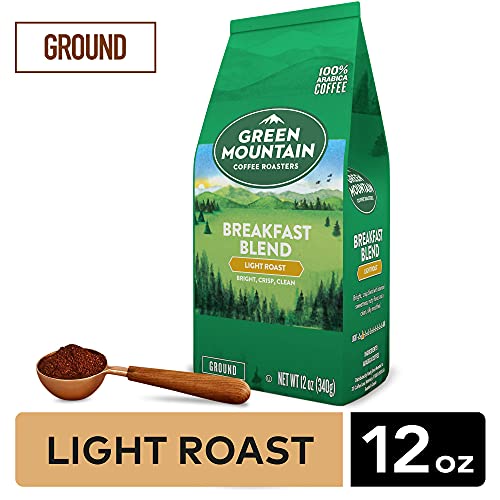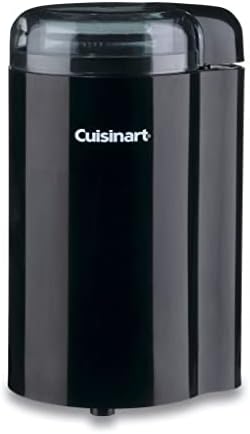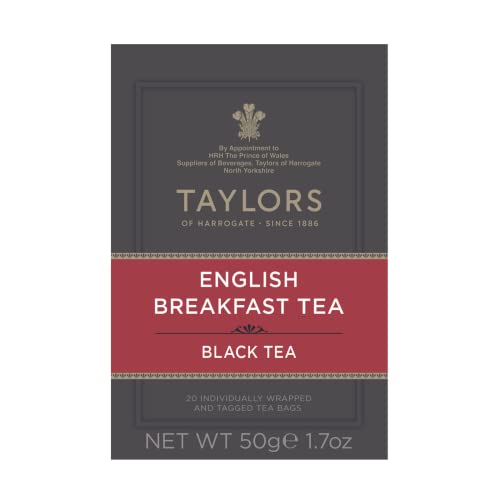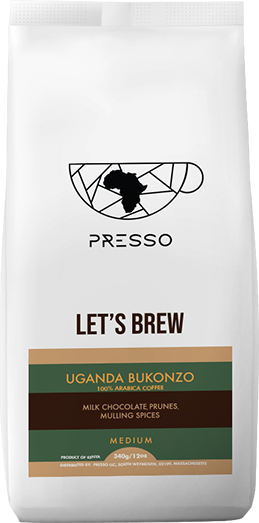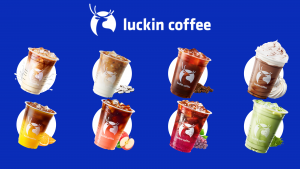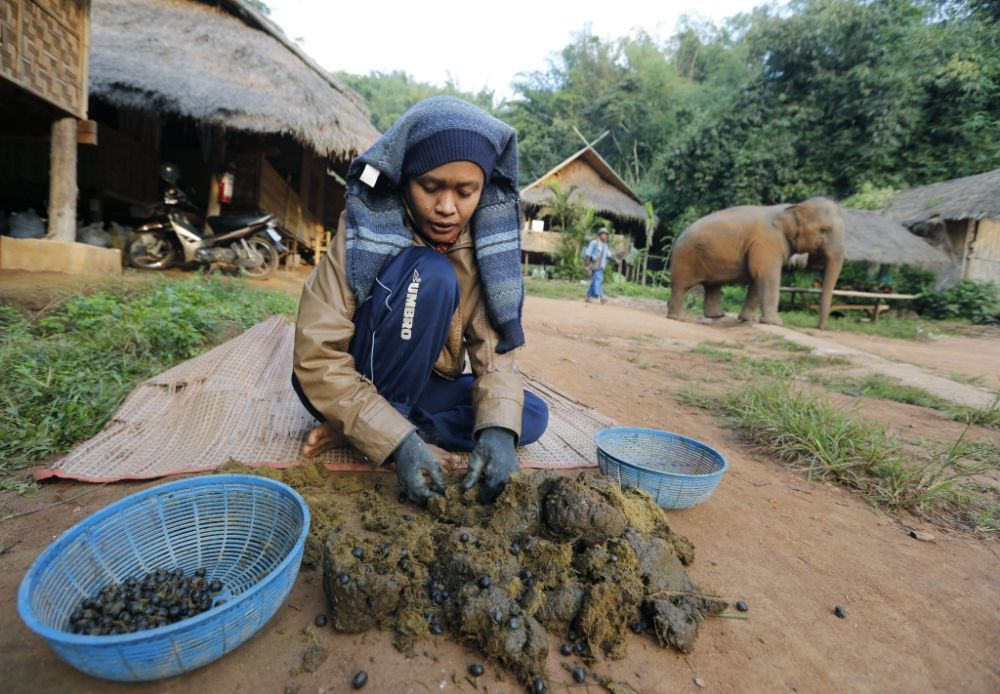
The world’s most expensive coffee is no longer Kopi Luwak but comes from the Elephant’s dung.
The world’s most expensive coffee is no longer Kopi Luwak but comes from the Elephant’s dung.
- Shelli Galici
- 23-01-2018
- 29-07-2025
- 7186 views
- Coffee Shop, Featured Articles, How To's, Travel

As we all know the Kopi Luwak is the most expensive coffee in the world but over the years of coffee producers experimenting with creating exquisite coffee finally, they developed a new expensive coffee that also produced by animal feces, and this is called the Black Ivory Coffee.
The Black Ivory is founded by Blake Dinkin, a 44-year-old Canadian entrepreneur who use all his life savings to turn his idea into gold. His Black Ivory Coffee is made by passing coffee beans through the stomachs of elephants similar to Kopi Luwak where coffee was produced by the feces of civet cats.
The difference of kopi luwak and black ivory is the size. The kopi luwak has a regular sized whereas the black ivory is super in sized. Also unlike with kopi luwak that its image has been trashed because of issues over counterfeiting, disease and animal abuse. But he insists there’s nothing fake — or frivolous — about Black Ivory Coffee.
“There’s easier ways to make money,” he says. “I wouldn’t spend 10 years and put my life savings on this if I didn’t think it’s for real, or I thought it was just going to be an overnight gag.”
There is nothing illegal or counterfeit about producing the black ivory coffee because it is produced by herbivore animals that only eat grass and leafy matter.
“They eat a lot of grass and a lot of green, leafy matter. A herbivore, to break that down, utilizes fermentation to break down that cellulose,” he says. “Fermentation is great for things like wine or beer or coffee, because it brings out the sugar in the bean, and it helps impart the fruit from the coffee pulp into the bean.”
And that fermentation that helps remove the bitterness, Dinkins says, is what makes his coffee unique.
“I want people to taste the bean, not just the roast,” he says. “The aroma is floral and chocolate; the taste is chocolate malt with a bit of cherry; there’s no bitterness; and it’s very soft, like tea. So it’s kind of like a cross between coffee and tea.”

IMAGE courtesy of Michael Sullivano / NPR | Black Ivory Coffee workers sort coffee beans out of elephant dung.
The process of making this exquisite coffee is, the coffee beans are mixed into a mash with fruit, then fed to the elephants either by mouth or hoovered right up to the trunk.
Then you wait anywhere from one to three days for the elephant to offload its cargo, pick the beans out of the elephant dung, lather, rinse, repeat. It’s not always easy finding “the result,” which is one of the reasons it takes about 33 pounds of coffee beans to make just 1 pound of Black Ivory Coffee.
And it’s not just the slower cooker that makes the coffee different, Dinkin says. He sources his Arabica beans from hill tribes in the north of Thailand near the border with Myanmar. The drying process is long, and the roasting process is precise.
However, this process of making a coffee might have a negative effect on the elephants.
According to John Roberts, the director of the Golden Triangle Asian Elephant Foundation “As long as we could prove that there was no caffeine or anything else harmful leaking out, then it was worth trying, at least,” he says.

IMAGE courtesy of Michael Sullivan / NPR | An elephant receives medical treatment from the Golden Triangle Asian Elephant Foundation.
Does it mean caffeine is bad for elephants?
Well, too much caffeine is bad not just for the elephants but also for humans.
“It’s not necessarily elephants getting buzzed that I’m too worried about, it’s elephants missing their caffeine fix and having headaches and being bad-tempered. … It’s very dangerous. The last thing you want is a cranky elephant,” says Roberts.
The black ivory coffee is not available to local merchants so don’t expect that you can buy this at Starbucks near you. Dinkin is only selling the black ivory coffee to limited five-star hotels and resorts in Asia and the Middle East — and one tiny store in Comfort, Texas, called The Elephant Story, where the profits go to elephant conservation.

IMAGE courtesy of Black Ivory Facebook
“I’m not looking to produce a lot of this,” Dinkin says. “I just want to keep it as a small, niche business. I get to work with people I really enjoy being with, I can make a decent living from it, and everyone’s happy. That’s what I want.”
So coffee lovers would you dare to have a sip of the worlds most expensive coffee from elephant’s dung?
Article Source : NPR








